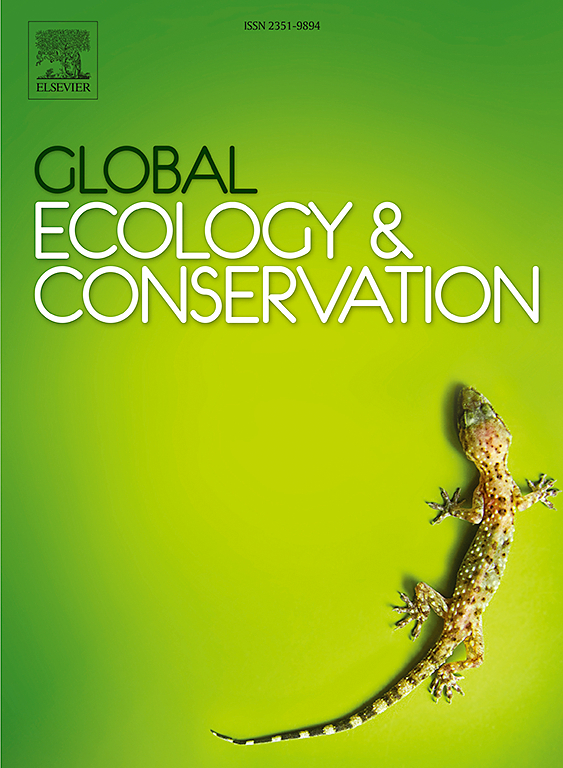Using global trade data to identify priorities for agarwood conservation and trade management
IF 3.5
2区 环境科学与生态学
Q1 BIODIVERSITY CONSERVATION
引用次数: 0
Abstract
Global agarwood trade is a multibillion-dollar business, but little is known about its sustainability or conservation implications. We studied the trade using data in CITES (Convention on International Trade in Endangered Species of Wild Fauna and Flora) and customs records from 2010 to 2020. We find that the trade is based mainly on endangered species sourced from the wild, with most, though not all, species that are threatened by this trade being listed in CITES. Social network analysis identified Vietnam, Thailand, Malaysia and Indonesia as key nodes of a global agarwood trade network. Through comparisons of trade data for five agarwood trade centers, we find that CITES and customs records are consistent for Hong Kong, India, Singapore and Thailand, but that large volumes of agarwood trade from Indonesia to Africa were undocumented in CITES. We recommend increased conservation efforts to better protect threatened agarwood species in the wild and highlight specific interventions to address the impacts of the key players in this trade.
求助全文
约1分钟内获得全文
求助全文
来源期刊

Global Ecology and Conservation
Agricultural and Biological Sciences-Ecology, Evolution, Behavior and Systematics
CiteScore
8.10
自引率
5.00%
发文量
346
审稿时长
83 days
期刊介绍:
Global Ecology and Conservation is a peer-reviewed, open-access journal covering all sub-disciplines of ecological and conservation science: from theory to practice, from molecules to ecosystems, from regional to global. The fields covered include: organismal, population, community, and ecosystem ecology; physiological, evolutionary, and behavioral ecology; and conservation science.
 求助内容:
求助内容: 应助结果提醒方式:
应助结果提醒方式:


